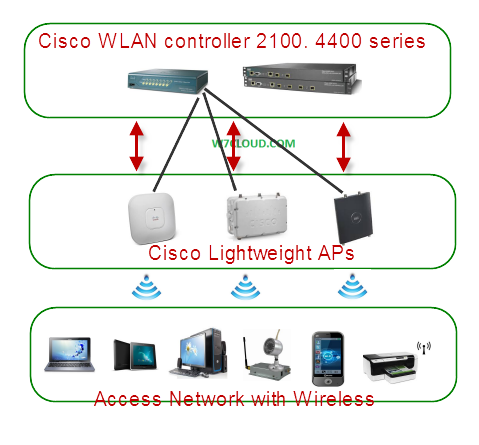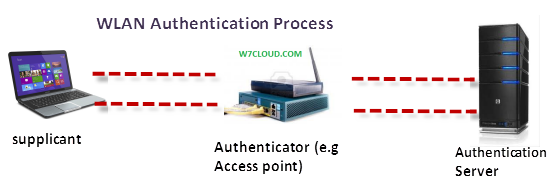
Difference between IPv4 and IPv6:
Following are the some key features of IPv4 and IPv6 address, with these features you can compare these two version of internet protocols.
- We have the extended address space in IPv6, IPv4 is of 32 bits and IPv6 is of 128 bits
- Ipv6 addresses are globally unique.
- Fixed header length: in IPv4 you have the fixed header where as in IPv6 you have the option headers that you can use for different purposes.
- Ipv6 offers the address auto configuration without any DHCP, where as in IPv4 you need to have a DHCP for assigning dynamic IPv4 addresses.
- You can have the support for labeling traffic flows.
- You have some build-in security features in IPv6 like IPSEC and AH.
- IPV6 provide the site multi-homing, you can multi-home host and address with multiple IP prefix which allow you to connect with multiple ISPs.
IPv4 Address |
IPv6 Address |
| IPv4 address is 32 bits in length. | IPv6 Address has a size of 128 bits |
| IPv4 address are Dotted Decimal |
like 10.10.10.100IPv6 Address are Hexadecimal FE1A:42B9:01B:0:0:12D0:05B:06B0Head is VariableFixed 40 bytesIPv4 uses ARP (Address resolution protocol)IPv6 uses ND (network discovery protocol)IPv4 has State-full DHCPIPv6 has Stateless auto-configuration or stateful
DHCPIPv4 has a DNS records like “A records”IPv6 has a DNS records like “AAAA” or quad recordIPv4 loopback IP is 127.0.0.1IPv6 loopback IP is 0:00:00:00:0:1Private address are 10.x.x.x, 172.16.x.x, 192.168.x.xPrivate address are link local addressAddress scope types in IPv4 are Unicast, anycast, multicastAddress scope types in IPv6 are Unicast, multicast, broadcast













